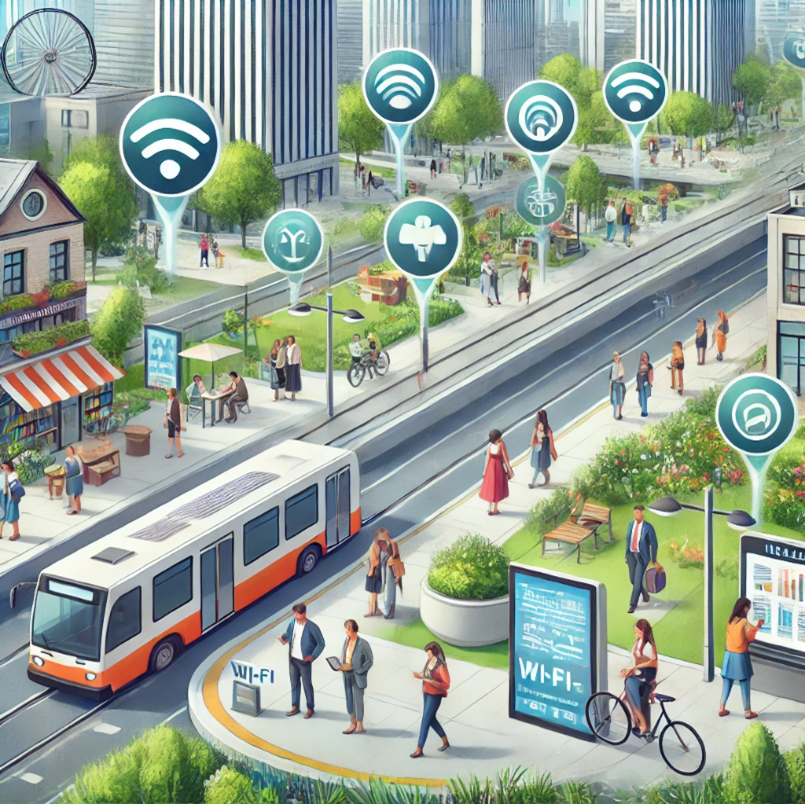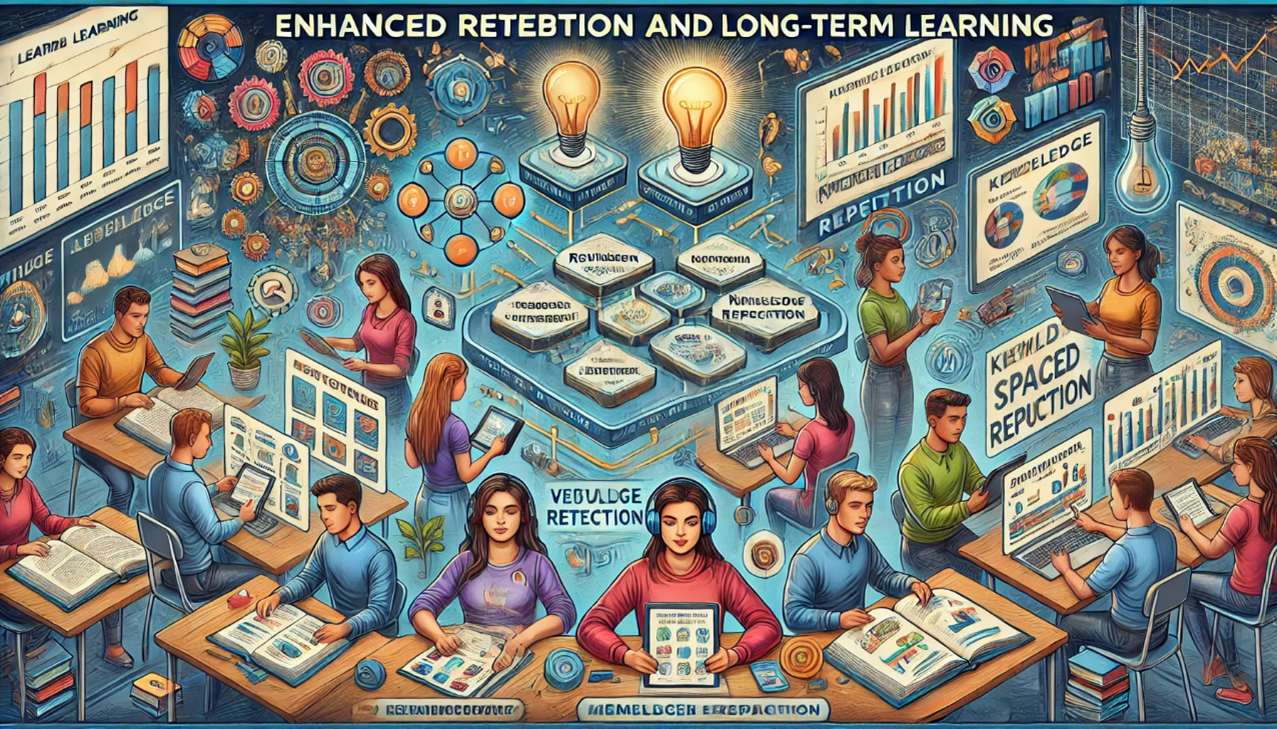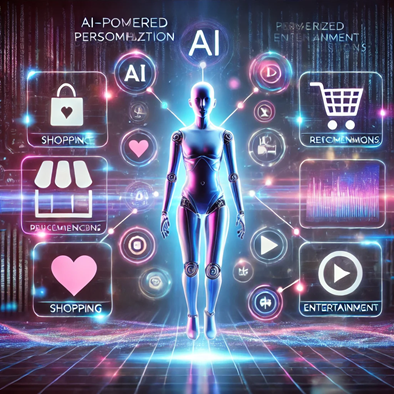How has digital transformation influenced productivity and economic growth globally?

How has digital transformation influenced productivity and economic growth globally?
by Maximilian 10:15am Jan 04, 2025

Digital transformation has had a profound impact on productivity and economic growth globally, influencing various sectors, industries, and economies. It has created new opportunities, enhanced efficiency, and reshaped business models and consumer behaviors. Here's a breakdown of how digital transformation has influenced productivity and economic growth across the globe:
1. Increased Productivity Through Automation and Efficiency
Automation of Routine Tasks: Digital technologies like artificial intelligence (AI), robotics, and machine learning have enabled automation of repetitive and low-value tasks, leading to significant productivity gains. In manufacturing, automation reduces labor costs and minimizes errors, while in office work, AI-driven tools streamline administrative functions, data analysis, and customer service.
Enhanced Decision-Making: Digital tools, including big data analytics, have allowed businesses and governments to make more informed decisions by leveraging vast amounts of data in real-time. This leads to optimized resource allocation, better forecasting, and improved strategic planning, further boosting productivity.
Cloud Computing and Collaboration Tools: The rise of cloud computing, coupled with collaboration tools (e.g., Microsoft Teams, Slack, Zoom), has revolutionized how businesses operate. Cloud platforms facilitate remote work, reduce the need for physical infrastructure, and enable faster information sharing, leading to higher productivity, especially in knowledge-based sectors.

2. Creation of New Markets and Business Models
New Digital Markets: The digital economy has given rise to entirely new markets, such as e-commerce, fintech, and the gig economy. Companies like Amazon, Uber, and Alibaba have leveraged digital technologies to disrupt traditional industries, creating new business opportunities and economic activitie that were previously non-existent.
Innovation and Entrepreneurship: Digital transformation has lowered entry barriers for startups and small businesses by reducing the need for significant capital investment in infrastructure. Platforms like Shopify, Etsy, and Kickstarter enable entrepreneurs to reach global audiences and secure funding more easily. This has spurred innovation, economic diversification, and new business models.
3. Global Connectivity and Market Access
Globalization of Trade: The internet has made it easier for companies to access global markets, allowing for cross-border trade, digital services, and remote labor. E-commerce has facilitated trade between small enterprises and global consumers, while digital platforms enable businesses to access international talent pools (e.g., freelance workers on platforms like Upwork and Fiverr).
Digital Infrastructure for Emerging Economies: In many developing economies, digital transformation has acted as a leapfrog technology, allowing countries to bypass traditional infrastructure challenges. Mobile phones, internet access, and digital payments have created opportunities for economic inclusion, reducing poverty and expanding market access in regions like Africa, Asia, and Latin America.

4. Impact on Labor Markets
Job Creation in Technology and Digital Sectors: The growth of tech-driven industries, including software development, cybersecurity, digital marketing, and data science, has created millions of new jobs globally. The demand for digital skills has led to the emergence of new educational fields and training programs, contributing to human capital development.
Displacement and Reskilling Needs: However, the digital transformation has also resulted in job displacement in certain sectors, particularly in industries reliant on routine, manual labor (e.g., traditional manufacturing, retail). Automation and AI are reducing the need for human workers in specific tasks, creating a demand for reskilling and upskilling initiatives to help displaced workers transition to new roles.
5. Improved Access to Services
Health and Education: Digital transformation has greatly expanded access to critical services such as healthcare and education. Telemedicine, online education, and digital financial services have improved access to essential services,especially in underserved or rural areas. This has led to greater human capital development, long-term productivity gains, and overall economic growth, particularly in low-income countries.
Financial Inclusion: Fintech innovations such as mobile money (e.g., M-Pesa in Kenya) and digital banking have increased financial inclusion for millions of unbanked individuals. This has enabled individuals to access savings, loans, and insurance, thereby stimulating entrepreneurship and economic activity.

6. Cost Reduction and Operational Efficiency
Supply Chain Optimization: Digital technologies like the Internet of Things (IoT) and blockchain have revolutionized supply chains, providing businesses with real-time data and transparency. These technologies have improved inventory management, reduced waste, and enhanced delivery times, contributing to lower operational costs and higher efficiency.
Resource Optimization: Technologies like AI and machine learning enable more precise use of resources, from energy management to personnel scheduling. Companies are able to operate more efficiently, reducing costs and boosting profitability, which can contribute to broader economic growth.
7. Economic Growth in Digital Economies
Digital Economy as a Growth Driver: The digital economy is increasingly seen as a major driver of global economic growth. For example, e-commerce, cloud computing, and digital advertising are large and rapidly growing industries. In 2022, the global digital economy accounted for over 15% of the world's GDP, a proportion expected to rise as digital transformation continues.
Digital Trade: Digital goods and services have become a significant contributor to international trade. According to the OECD, cross-border data flows, driven by digital transformation, are increasingly central to global trade, enhancing economic growth in many regions.
8. Sustainability and Green Growth
Environmental Impact Reduction: Digital technologies are also driving economic growth through sustainability efforts. For example, smart grids, energy-efficient technologies, and data analytics are helping businesses and governments reduce their environmental impact while improving energy efficiency. The transition to digital services (e.g., e-books, digital meetings) can also reduce the carbon footprint associated with traditional paper-based or physical industries.

9. Challenges and Risks
Digital Divide: While digital transformation has created new opportunities, it has also highlighted disparities between those who have access to digital technologies and those who do not. In many developing countries and rural areas, a lack of internet infrastructure and digital literacy can prevent people from accessing the benefits of digital transformation, contributing to widening inequality.
Cybersecurity and Data Privacy: As digital technologies permeate every aspect of society, concerns over cybersecurity, data privacy, and digital fraud are growing. Ensuring safe and secure digital environments is crucial for maintaining trust in digital systems and avoiding disruptions to productivity and economic growth.
Conclusion
Overall, digital transformation has had a transformative effect on global productivity and economic growth. It has increased efficiency, created new business opportunities, and expanded access to services, all of which have contributed to economic development. However, the benefits have not been evenly distributed, and challenges such as the digital divide and workforce displacement need to be addressed to ensure that the economic growth spurred by digital transformation is inclusive and sustainable.






